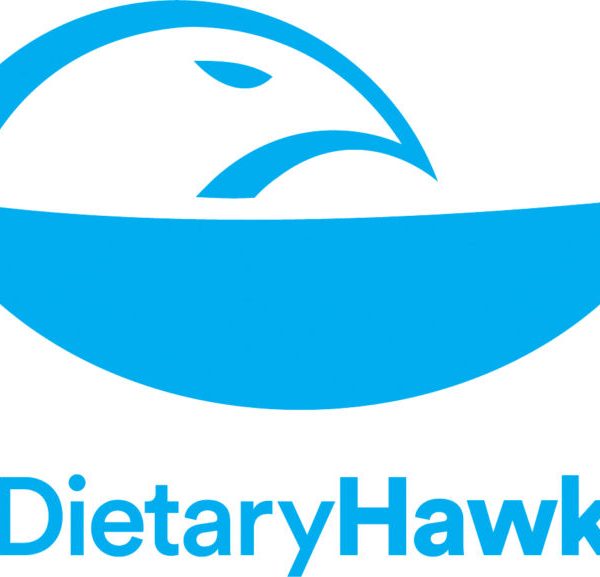When it comes to dairy for children, low fat may not be where its at, ECU researchers find

Many early childhood education and care (ECEC) services may choose to serve low fat dairy products to children over the age of two years, but a new research review from Edith Cowan University (ECU), which found that children who consume full-fat dairy products do not show an increased risk of obesity or heart disease, may change that.
The finding raises questions, being contradictory to the current dietary advice for children.
Recently published in Advances in Nutrition, the ECU research reviewed 29 studies from around the world that examined consumption of full-fat dairy products in children, finding no clear link between the consumption of whole-fat dairy products and weight gain, high cholesterol or high blood pressure in children. However, most studies were observational, with a lack of good quality trials noted.
The systematic review of research was a collaboration between ECU, the University of Washington and the Fred Hutchinson Cancer Research Centre in the United States.
Lead author Associate Professor Therese O’Sullivan said the findings highlighted the need for better evidence in this area.
“Dietary guidelines in Australia and other countries recommend children primarily consume reduced-fat dairy products to maintain a healthy weight and good cardiovascular health,” she said.
Studies, however, were consistent in reporting that whole-fat dairy products were not associated with increased levels of weight gain or obesity.
“Reduced-fat dairy is generally recommended for both adults and children over the age of two years due to its lower energy and saturated fat content.However, studies suggest children who consumed low-fat over full-fat dairy were actually replacing those calories from fat with other foods” she added.
As a result, researchers suggest that low-fat dairy is not as filling as whole-fat dairy, which may lead children to consume more of other foods. Health effects may depend on what these replacement foods are.
With childhood obesity an important issue, the need for evidence-based guidelines for parents has never been greater, Associate Professor O’Sullivan said, noting that whole-fat dairy may play an important role in a balanced diet for growing children.
“Dairy is a good dietary source of nutrients for healthy development, including protein, calcium, potassium, phosphorus and several vitamins,” she added.
“Even though the fats found in whole-fat dairy are mostly saturated fats, they don’t appear to be associated with the same detrimental health effects observed with foods like fatty meats.”
Future research findings on the matter are expected from ECU, who is conducting the Milky Way Study in collaboration with the University of Western Australia and the Telethon Kids Institute. The randomised controlled trial is investigating the effects of dairy fat intake in children, and results are expected in mid-2020.
To read the study in full, please see here.
Popular

Practice
Provider
Quality
Research
Workforce
New activity booklet supports everyday conversations to keep children safe
2025-07-10 09:00:16
by Fiona Alston

Quality
Practice
Provider
Research
Workforce
Honouring the quiet magic of early childhood
2025-07-11 09:15:00
by Fiona Alston

Quality
Practice
Provider
Workforce
Reclaiming Joy: Why connection, curiosity and care still matter in early childhood education
2025-07-09 10:00:07
by Fiona Alston












